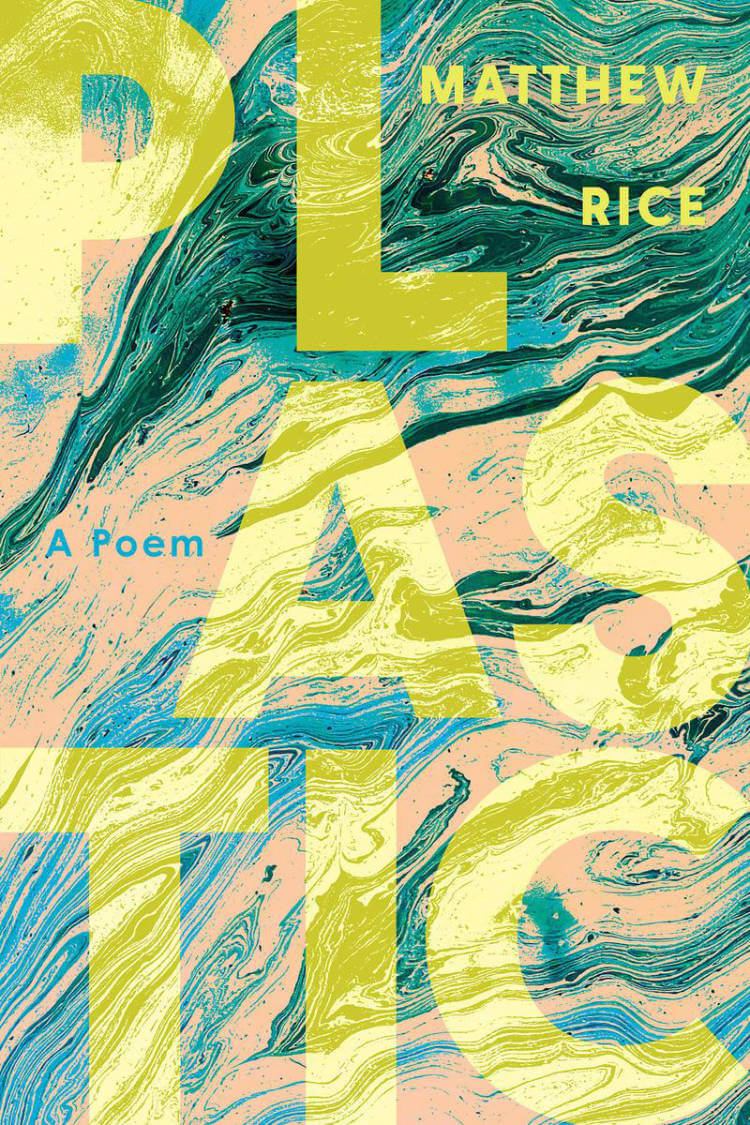
A Horse at the Door
A chronology of poems selected & translated by Robin Moger.
I had intended my poetry to be a kind of salvation for me in my confrontation with the onslaught of a perpetually antagonistic world. When this confrontation failed, I tried convincing myself that surrendering to the world—being a scrap of paper floating downriver—was the only salvation available to me. But this proved impossible, too.
Wadih Saadeh
In a 2014 AlMayadeen TV interview with the Lebanese poet-host Zahi Wehbe, Wadih Saadeh called his work ‘an autobiography of other people’s lives.’ At this point in the conversation he had already explained that people are essentially alike, so the deeper you plunge into yourself the more you find out about others. Speaking casually, the then sixty-six-year-old—very arguably the greatest living Arabic poet—did not seem to realise how startling is the idea. Donald M. Murray’s ‘All Writing is Autobiography’ is one thing, but to say that poetry is a way to be someone else, and so let someone else be you—that feels like a coup de foudre. A poem, Saadeh told Wahbe, is ‘a momentary, illusory cure’ from the horrors of the world, wounds actually dressed by working, having a family, emigrating. He called the third person, which in Arabic translates to ‘the absent one,’ ‘a shadow self, the self that cannot be present.’ Summoning that inner absence, switching on the reader’s presence, is what the Lebanese master manages, every time.
Youssef Rakha,
from his Afterword, ‘The Australian’
Language: English







